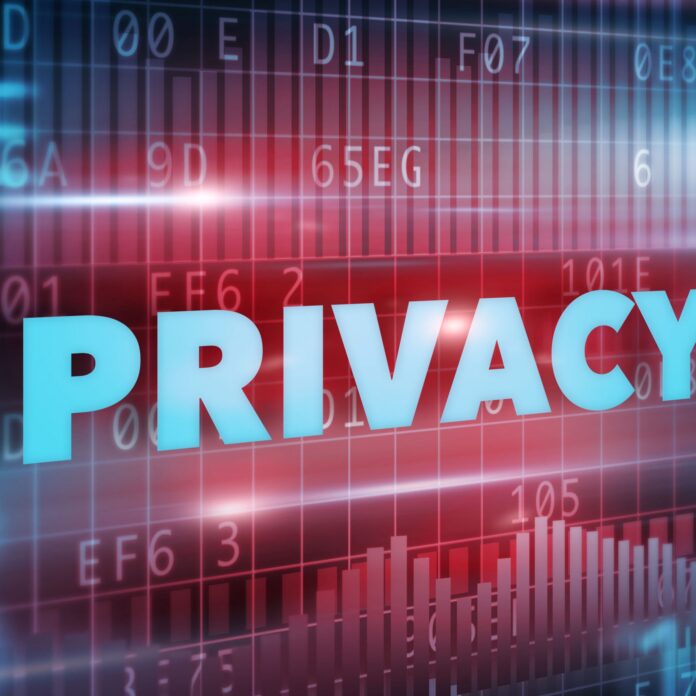Ever heard of the Cybersecurity Information Sharing Act? Not many people have, but the bill, which is progressing through the legislative process, could give government agencies access to huge amounts of personal data held by private companies like Google and Facebook.
The potential approval has prompted a major backlash among privacy activists. In fact, an outfit called Operation: Fax Big Brother, which dubs CISA “the worst spying bill yet,” is urging people to send faxes against the bill to federal lawmakers ahead of a vote.
A post to political news and commentary site The Hill, describes CISA: “Companies would be given new authority to monitor their users – on their own systems as well as those of any other entity – and then, in order to get immunity from virtually all existing surveillance laws, they would be encouraged to share vaguely defined ‘cyber threat indicators’ with the government. This could be anything from email content, to passwords, IP addresses, or personal information associated with an account. The language of the bill is written to encourage companies to share liberally and include as many personal details as possible.”
Evan Greer and Donny Shaw of The Hill went on to call CISA an “out and out surveillance bill masquerading as a cybersecurity bill. It won’t stop hackers. Instead, it essentially legalizes all forms of government and corporate spying.”
Operation: Fax Big Brother is run by Boston-based Internet policy group Fight for the Future. That firm claims on its website that heavy hitters including Google, Facebook, AT&T, Comcast and Bank of America, among other companies with huge data repositories, have remained either in support of or silent regarding CISA.
On the other hand, Fight for the Future details opponents WordPress, Mozilla, Reddit ServInt and others.
Another CISA opponent is the Electronic Frontier Foundation, which called it a “zombie bill” in a July 27 blog post.
“CISA is fundamentally flawed because of its broad immunity clauses for companies, vague definitions, and aggressive spying powers. Combined, they make the bill a surveillance bill in disguise. The bill may even make things worse for Internet users in several ways. That’s why we’re launching a week of action to make sure Congress is getting the message loud and clear: CISA must not pass,” the post concludes.

